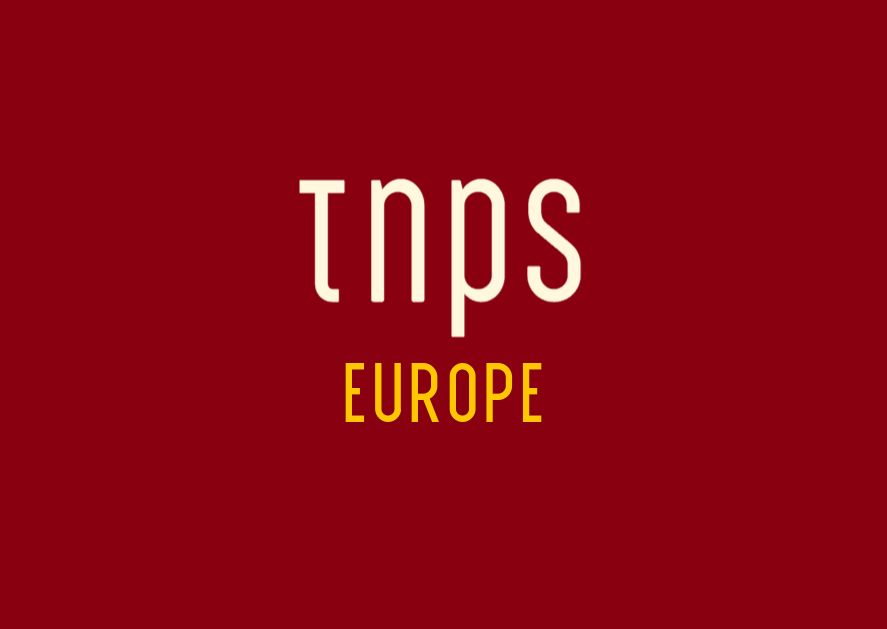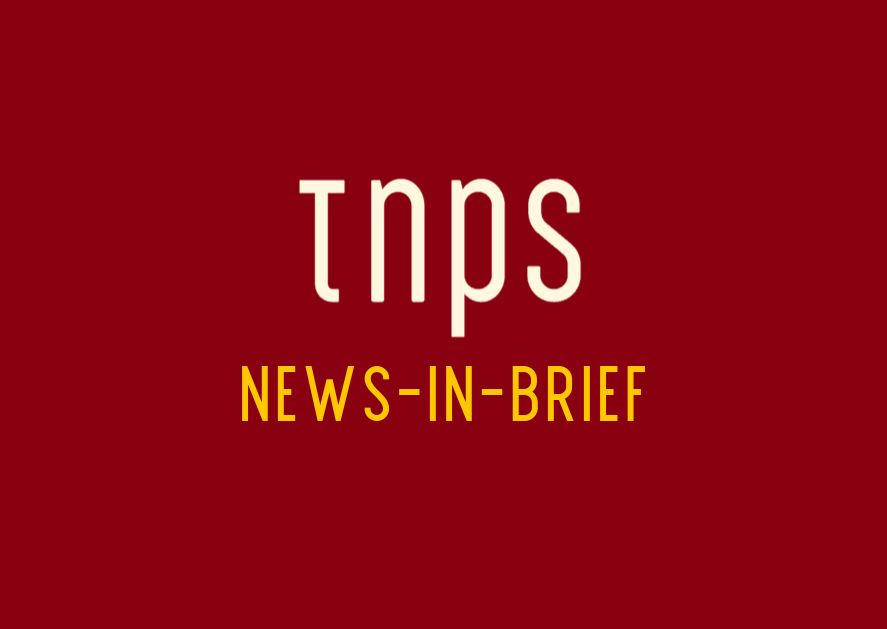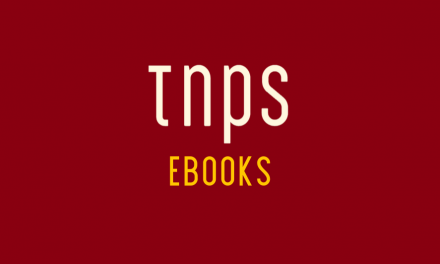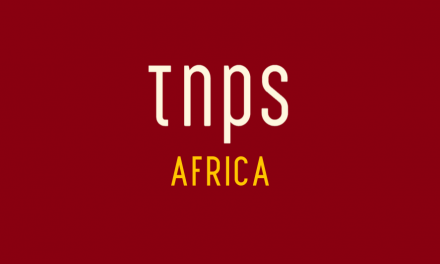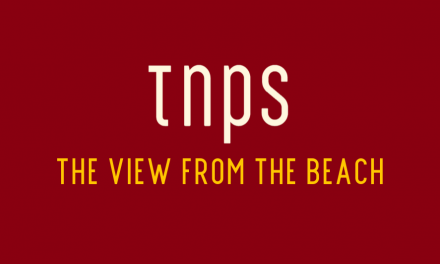The French ebook and audio store Numilog has been focused primarily, although not exclusively, on academic and reference books, which can be expensive to buy and often are not read end to end.
That can be a deterrent to buying, unless you really need to, and so Numilog has rolled out a new consumption model for its customer base. A pay per page read model called Pick & Read.
The French law on book pricing has long been a thorn in the side of those operators wanting to offer a subscription service – see this post from Actualitté back in 2015 on how Amazon skirted around the problem to keep Kindle Unlimited legal in France.
Numilog’s solution inverts the pay-per-page remuneration model for indie authors that Amazon uses with Kindle Unlimited and applies that to the consumer.
Numilog’s Pick & Read plan offers the consumer some free reading pages to try the book and then charges per page read, based on the set price for the book.
This means a consumer can dip in and out of a title and just pay for the pages they actually read.
Reports Actualitté this week,
Novels, essays, history or even psychology and everyday life, the choice is relatively wide. In fact, 60,000 copies are offered, through the catalog of 25 partner publishers, in both French and English. For the reader, the remaining credit is constantly displayed at the bottom of the screen.
As with the French version of Kindle Unlimited, the publisher or author sets the per page tariff based on the list price.
But Kindle Unlimited has famously been the subject of scammers milking the weaknesses in the royalty-per-page model.
It not been possible for even Amazon to actually determine if a page is “read”, only if it is turned, or parsed. So scammers began loading Kindle Unlimited books with content designed to draw the consumer to the end of the book, resulting in a full royalty payout. But for consumers, at least, the monthly fee is stable and known in advance.
The Numilog model at first glance seems like to may be vulnerable to similar problems that beset Kindle Unlimited in the US, – with less the less ethical publisher seeking to encourage more pages to be parsed. But unlike with Kindle Unlimited, the Numilog model could potentially impact the consumer as well as the publisher.
For example, if I were to download a 100 page book and I flipped through page by page to a section on page 50 that caught my eye and began actually reading, would I have my credit deducted for those fifty pages I parsed to get there? How would Numilog know which pages turned were simply scooting to get to the pages I actually desired to read?
One of the joys of a reference book is to jump to a particular section of interest, but if we don’t know where that section is we could use the table of contents, but just as likely we’d turn the pages and see what else we might discover that catches our eye.
Maybe Numilog has a solution to this problem. The coverage so far does not tell us one way or another. But this will be an interesting development to watch.
Actualitté also reports that Numilog is offering the Pick & Read model as a white label solution for other ebook sites.
Will it catch on? Time will tell.
Is it a threat to Kindle Unlimited? That’s a big no. But it is one more example of the market fragmentation digital brings to the global publishing industry that will lure consumers away from traditional sales and feed the myth that people are reading less.

